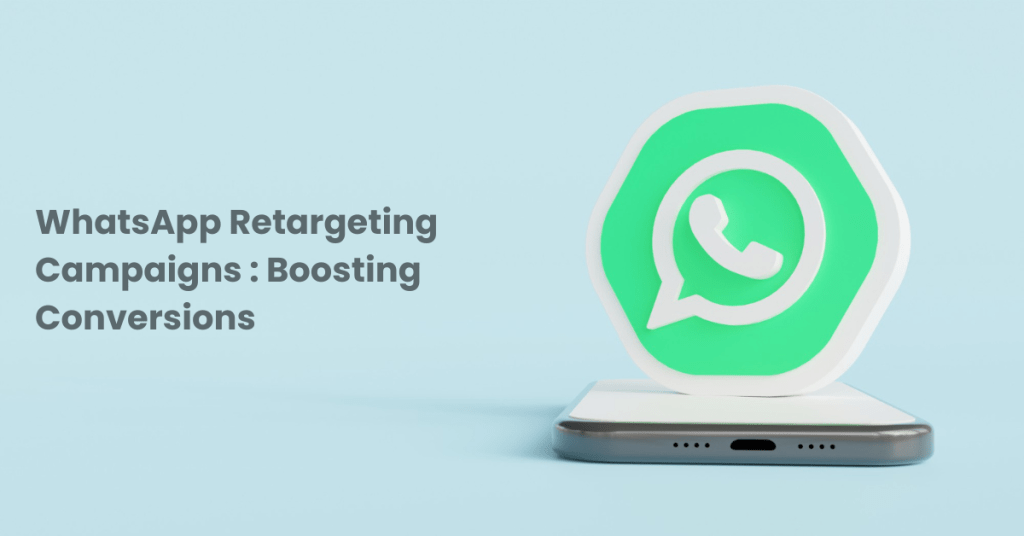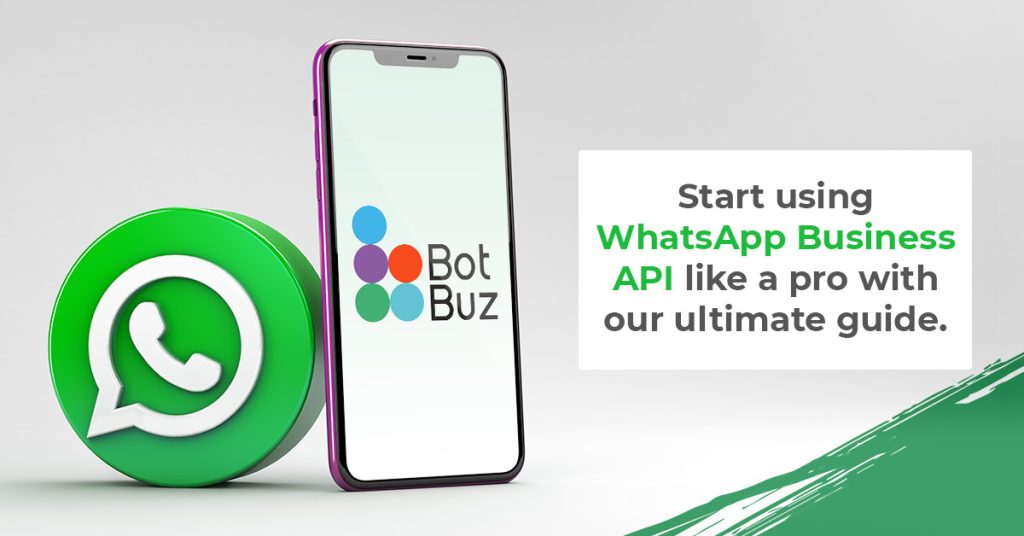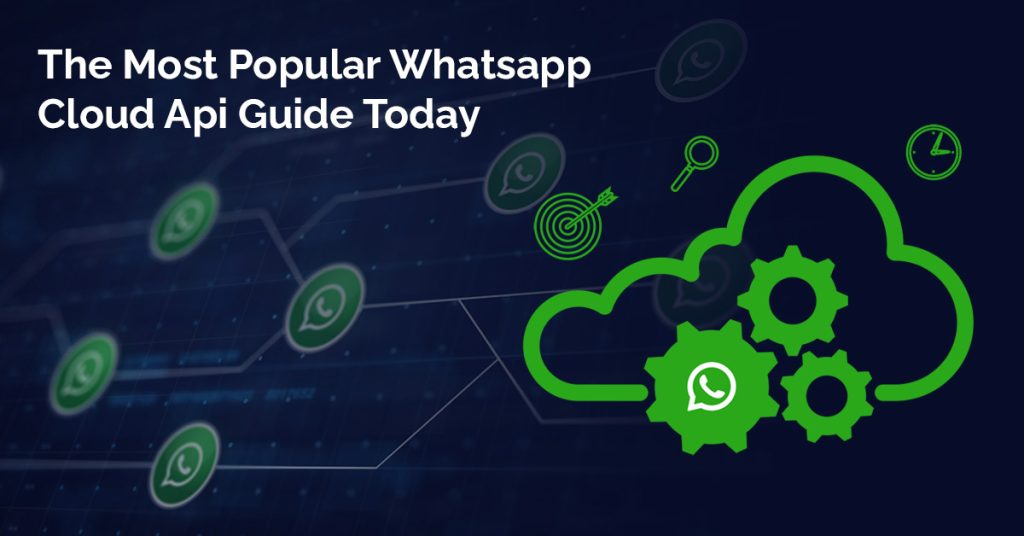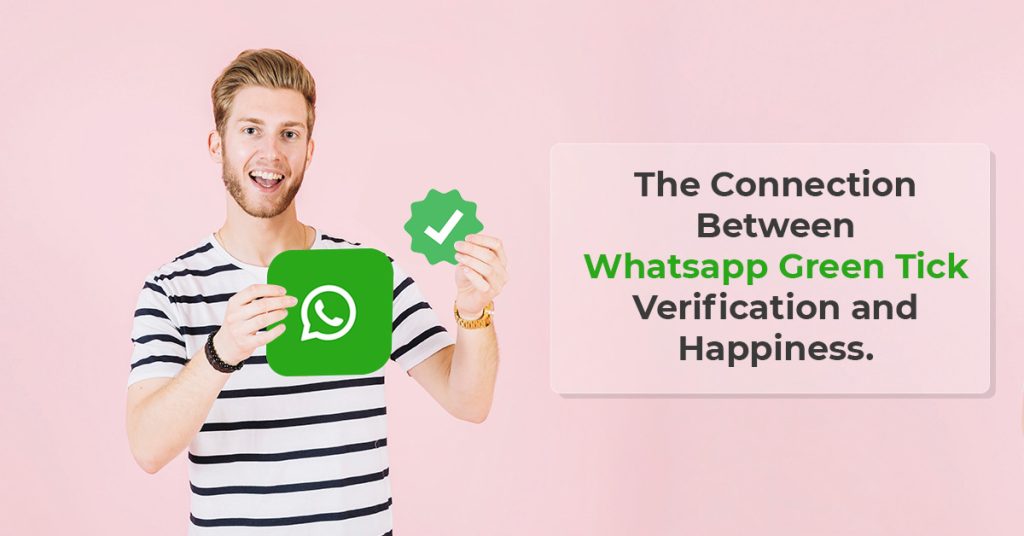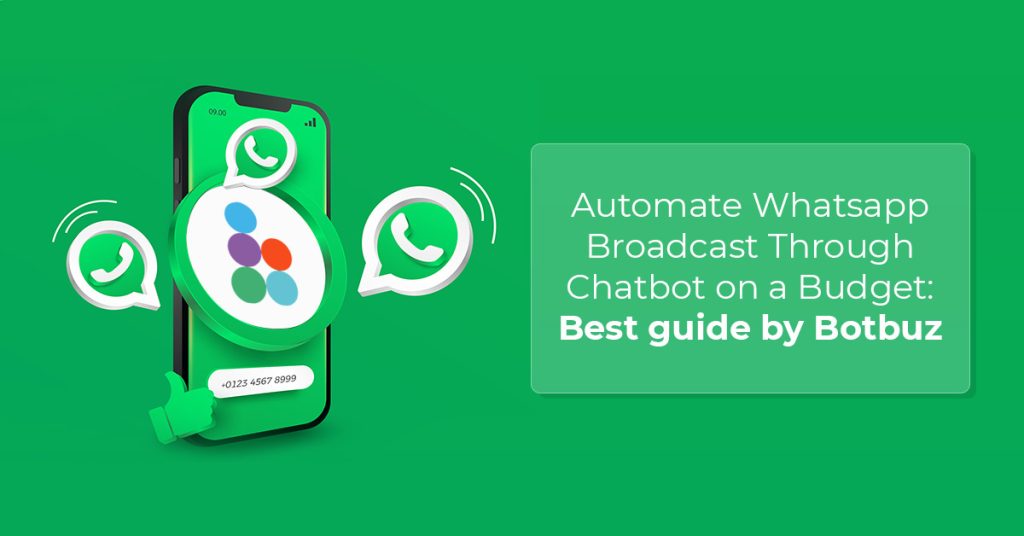- WhatsApp as a Powerful Channel for Retargeting :
- What is WhatsApp Retargeting?
- Why WhatsApp Retargeting Matters for Businesses ?
- How to Set Up WhatsApp Retargeting Campaigns?
- Smart WhatsApp Retargeting Strategies to Boost Conversions :
- How to Use WhatsApp Retargeting Campaigns with Botbuz?
- FAQs About WhatsApp Retargeting :
WhatsApp as a Powerful Channel for Retargeting :
Retargeting in digital marketing involves re-engaging users who have previously interacted with a brand, using methods like tracking pixels to serve personalized ads. This strategy is critical for boosting conversions because most website visitors don’t make a purchase on their first visit.
WhatsApp has emerged as a powerful retargeting channel due to its exceptionally high engagement rates and ability to facilitate direct, personal, and real-time communication. Its use fits seamlessly into the customer journey by allowing for actions like sending abandoned cart reminders and nurturing leads with personalized offers.
Ultimately, this approach focuses on converting lost opportunities into sales by turning a user’s initial interest into a completed purchase through timely and targeted communication.
What is WhatsApp Retargeting?
WhatsApp retargeting is a marketing strategy that re-engages users who have previously shown interest in a brand by sending them personalized messages directly on WhatsApp. It differs from traditional methods like email and display ads by offering significantly higher engagement rates and enabling direct, two-way conversations. This approach is highly effective because it builds trust and rapport through personalized communication, which ultimately helps to convert warm leads into sales.
What is a WhatsApp Retargeting Campaign?
A WhatsApp retargeting campaign is a structured marketing effort using the WhatsApp Business API to send automated, targeted messages to people who previously interacted with a brand. Key campaign types include abandoned cart recovery, re-engagement for browsers, and upselling/cross-selling to existing customers. These campaigns use a planned flow of messages to guide potential customers toward a purchase, such as sending a reminder about a forgotten item in their cart, sometimes with a discount.
Why WhatsApp Retargeting Matters for Businesses ?
WhatsApp retargeting is a valuable marketing strategy because of its high engagement rates. Compared to emails, which often go unread, messages on WhatsApp have a much greater chance of being seen, ensuring that a business’s message reaches its intended audience effectively.
The method allows for direct, real-time communication with customers, which helps businesses quickly address questions and remove any obstacles to a purchase. Unlike one-way advertising, this interactive approach makes a brand feel more responsive and personal.
Personalization is a key benefit, as campaigns can be tailored to a customer’s specific interests, like a product they viewed. This customized approach makes customers feel valued, which builds trust and encourages long-term loyalty.
Finally, WhatsApp retargeting is a cost-effective strategy. The high conversion rates from direct, personal engagement mean that businesses can achieve a strong return on investment for their marketing spend, making it a highly efficient way to drive sales.
How to Set Up WhatsApp Retargeting Campaigns?
Setting up a WhatsApp retargeting campaign involves a few key steps.
- First, businesses must collect and segment customer data based on their on-site behavior, such as abandoned carts or product views.
- Next, they must integrate with the WhatsApp Business API, typically through a Business Solution Provider, to enable large-scale messaging.
- The campaign messages are then crafted to be personalized and conversational, referencing the customer’s specific actions.
- Automation is used to schedule these messages at optimal times, and a business must track key metrics like conversion rates to optimize future campaigns.
- Specialized tools and platforms simplify this entire process, making it accessible to businesses.
Smart WhatsApp Retargeting Strategies to Boost Conversions :
1. Cart Abandonment Reminders
This is one of the most effective and widely used WhatsApp retargeting strategies. When a customer adds products to their online cart but leaves without purchasing, a timely, automated WhatsApp message is sent. The message should be highly personalized, including the customer’s name and images of the specific products they left behind. To incentivize them to complete the purchase, businesses often include an exclusive discount code, a free shipping offer, or a limited-time deal. This gentle, personal nudge helps to overcome any final hesitation and significantly boosts conversion rates.
2. Re-Engaging Inactive Customers
Businesses can use WhatsApp to reconnect with customers who haven’t made a purchase or interacted with the brand in a while. By segmenting their audience to identify these inactive contacts, they can send targeted messages to reignite their interest. This might involve sharing news about a new product line, a special anniversary sale, or a personalized offer to welcome them back. The goal is to provide a compelling reason for them to return and engage with the brand again, converting them from a lapsed customer back into an active one.
3. Personalized Product Recommendations
Leveraging customer data from their browsing and purchase history, businesses can send highly relevant product recommendations directly on WhatsApp. For example, if a customer previously bought a specific type of coffee, a brand can send a message suggesting a new flavor or a related item like a coffee grinder. This strategy can be made even more interactive by using chatbots that can respond to customer queries and provide real-time recommendations, creating a personalized shopping experience that feels like a conversation with a personal shopper.
4. Post-Purchase Upselling and Cross-Selling
Once a customer has made a purchase, the relationship doesn’t end. WhatsApp can be used to increase their lifetime value through upselling and cross-selling. A few days after a purchase, a business can send a tailored message suggesting complementary products (cross-selling) or a premium version of the product they bought (upselling). For instance, a customer who bought a phone might receive a message recommending phone cases, chargers, or extended warranties. This strategy is highly effective because it targets a customer who has already demonstrated trust in the brand.
5. Event-Triggered Campaigns
This strategy involves sending automated messages based on specific, meaningful events in the customer’s life or in relation to the business. For example, a brand can send a personalized birthday message with a special discount, a limited-time offer on their purchase anniversary, or a promotion for a seasonal event like a holiday sale. By using customer data to deliver these messages at the right time, businesses can make their communication feel more genuine and thoughtful, strengthening customer loyalty and driving conversions through timely, relevant offers.
How to Use WhatsApp Retargeting Campaigns with Botbuz?
Botbuz is a platform that simplifies WhatsApp retargeting campaigns for businesses. It provides an easy-to-use interface to manage structured campaigns, which differs from one-off messages. Businesses can use Botbuz for various campaign types, including sending cart abandonment reminders, re-engaging inactive customers, and cross-selling.
The platform’s key features include a no-code setup for automation and personalized messaging. It also seamlessly integrates with popular CRM and e-commerce platforms like Shopify and WooCommerce, allowing for timely and data-driven campaigns that boost conversions and sales.
Conclusion :
WhatsApp retargeting is a key strategy for re-engaging customers who have previously shown interest in a brand. This method moves beyond generic advertising by using the WhatsApp Business API to send personalized, direct, and conversational messages, leading to much higher engagement and conversion rates compared to traditional channels like email.
To effectively run these campaigns, businesses use a structured approach: first, they segment customer data based on behavior (e.g., abandoned carts). They then use platforms like Botbuz to easily set up automated campaign flows that send timely, personalized messages. Botbuz simplifies this process with a no-code interface and key integrations with e-commerce platforms, allowing businesses to turn missed opportunities into sales and build long-term customer loyalty.
FAQs About WhatsApp Retargeting :
- Is WhatsApp Retargeting Legal and Compliant?
Yes, WhatsApp retargeting can be legal and compliant, but businesses must adhere to specific rules. The most important requirement is gaining explicit user consent before sending any messages. This ensures compliance with data privacy laws like GDPR. Additionally, all communications must be sent through the official WhatsApp Business API, not the standard app, and use pre-approved message templates to avoid violating WhatsApp’s policies and risking an account ban.
- How Often Should You Run Retargeting Campaigns?
The ideal frequency for retargeting campaigns is a balance between being helpful and becoming intrusive. It depends on the specific campaign’s purpose. For abandoned cart reminders, a message sent within an hour or two is highly effective, with a potential follow-up a day later. For re-engaging inactive customers, a less frequent schedule—perhaps once a month—is best to avoid message fatigue. Businesses should always test different frequencies to see what resonates best with their audience and provide an easy way for customers to opt out. - Can WhatsApp Retargeting Be Automated?
Yes, automation is a core component of effective WhatsApp retargeting. By using the WhatsApp Business API, businesses can set up automated workflows that trigger messages based on specific customer actions, such as abandoning a cart or making a purchase. This allows for timely, personalized communication without manual effort. Automation is crucial for managing large-scale campaigns efficiently and is what makes WhatsApp a powerful tool for businesses of all sizes.
- What Type of Businesses Benefit the Most?
A wide range of businesses can benefit from WhatsApp retargeting, but some sectors see exceptional results. E-commerce businesses benefit significantly from abandoned cart recovery and post-purchase upselling. Service-based businesses can use it for appointment reminders and re-engaging old clients. Similarly, travel, hospitality, and educational institutions can use retargeting to remind customers about unbooked services or nurture leads. In essence, any business with a clear customer journey and the ability to collect user data can effectively leverage this strategy to boost conversions.
